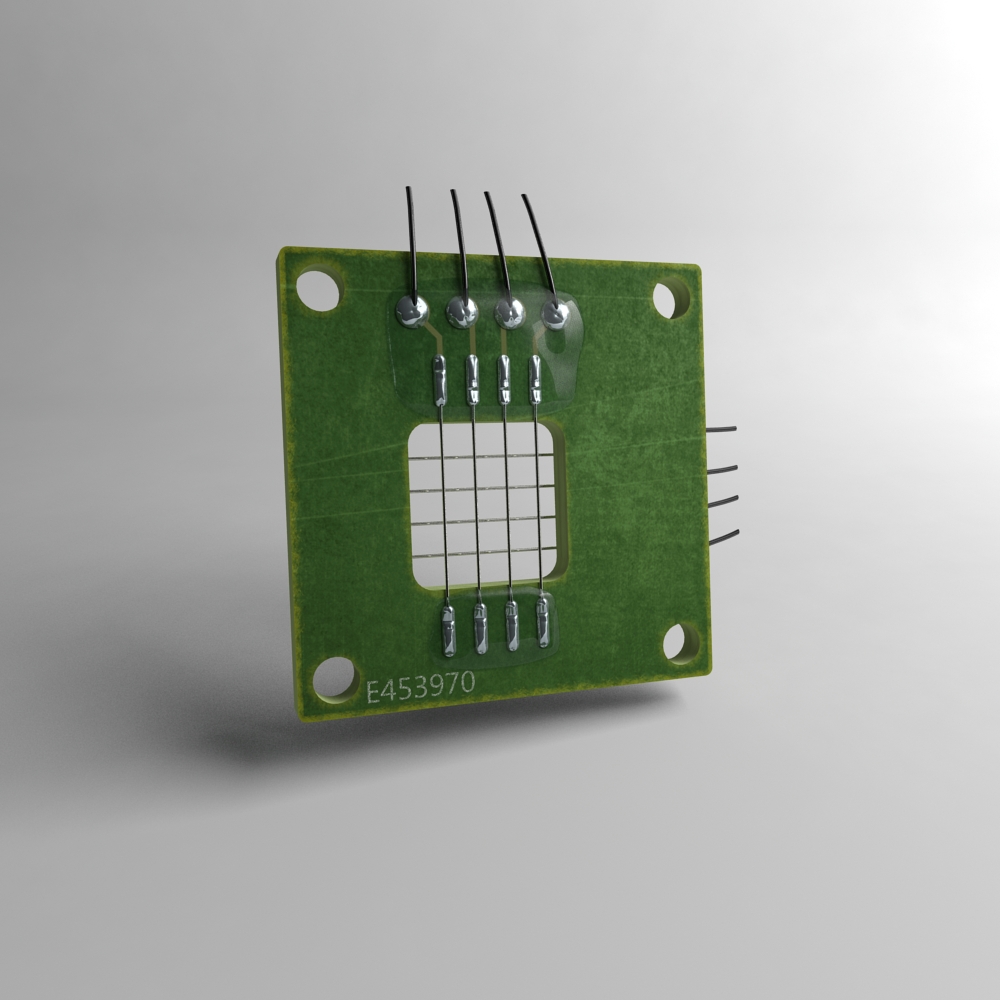Team:TU-Eindhoven/Notebook/Week7
From 2012.igem.org
| (4 intermediate revisions not shown) | |||
| Line 3: | Line 3: | ||
<h3>Working hard</h3> | <h3>Working hard</h3> | ||
| - | When we received the <span class= "red"> BioBrick kit </span> a couple of weeks ago, we put it on a safe place. A little bit too safe maybe, because we <span class= "red"> | + | When we received the <span class= "red"> BioBrick<sup>TM</sup> kit </span> a couple of weeks ago, we put it on a safe place. A little bit too safe maybe, because we <span class= "red">couldn't find it anymore</span>. But luckily, one of our supervisors found it! So now we have all the things we need to make our own BioBricks<sup>TM</sup>! Furthermore we gave an update to our advisors by means of a presentation concerning the model, the device and the activities in the laboratory. |
| - | [[File:Device02.jpg|300px|right]]<h3>Update from the lab</h3> | + | [[File:Device02.jpg|300px|right|link=]]<h3>Update from the lab</h3> |
| - | Unfortunately, <span class= "red">the transformations</span> of last week <span class= "red">failed</span>. All plates were empty. Because we were running out of channels in the Nova Blue E. coli, we transformed them again. The Nova Blue E. coli with | + | Unfortunately, <span class= "red">the transformations</span> of last week <span class= "red">failed</span>. All plates were empty. Because we were running out of channels in the Nova Blue E. coli, we transformed them again. The Nova Blue E. coli with MID1 and MID1-EGFP have been transformed successfully and transferred to 5ml overnight culture for harvesting. The transformation with CCh1 and CCH1-EGFP succeeded as well, but the E. coli has to grow another day before being transferred. Because CCH1 is a bit toxic to the E. coli, it is incubated at 30 degrees Celcius. In total, we did fourteen transformations, resulting in thirty plates of seven different types. Our supervisor sent us a high-efficiency protocol that may improve the yield of our transformations. He also put out an order for quick delivery and the chemical had arrived on time! So we can continue transformations as planned. Furthermore, we <span class= "red">relabeled all our important materials </span> in the freezer, listing the name of the vector, insert if applicable and the DNA-concentration. |
| - | We <span class= "red">designed a plan for building the BioBricks</span>. As a start, we successfully separated the PCR-product of the GECOs from the CMV vector. | + | We <span class= "red">designed a plan for building the BioBricks<sup>TM</sup></span>. As a start, we successfully separated the PCR-product of the GECOs from the CMV vector. |
{{:Team:TU-Eindhoven/Templates/footer}} | {{:Team:TU-Eindhoven/Templates/footer}} | ||
Latest revision as of 02:12, 27 September 2012

Working hard
When we received the BioBrickTM kit a couple of weeks ago, we put it on a safe place. A little bit too safe maybe, because we couldn't find it anymore. But luckily, one of our supervisors found it! So now we have all the things we need to make our own BioBricksTM! Furthermore we gave an update to our advisors by means of a presentation concerning the model, the device and the activities in the laboratory.

Update from the lab
Unfortunately, the transformations of last week failed. All plates were empty. Because we were running out of channels in the Nova Blue E. coli, we transformed them again. The Nova Blue E. coli with MID1 and MID1-EGFP have been transformed successfully and transferred to 5ml overnight culture for harvesting. The transformation with CCh1 and CCH1-EGFP succeeded as well, but the E. coli has to grow another day before being transferred. Because CCH1 is a bit toxic to the E. coli, it is incubated at 30 degrees Celcius. In total, we did fourteen transformations, resulting in thirty plates of seven different types. Our supervisor sent us a high-efficiency protocol that may improve the yield of our transformations. He also put out an order for quick delivery and the chemical had arrived on time! So we can continue transformations as planned. Furthermore, we relabeled all our important materials in the freezer, listing the name of the vector, insert if applicable and the DNA-concentration.
We designed a plan for building the BioBricksTM. As a start, we successfully separated the PCR-product of the GECOs from the CMV vector.
 "
"